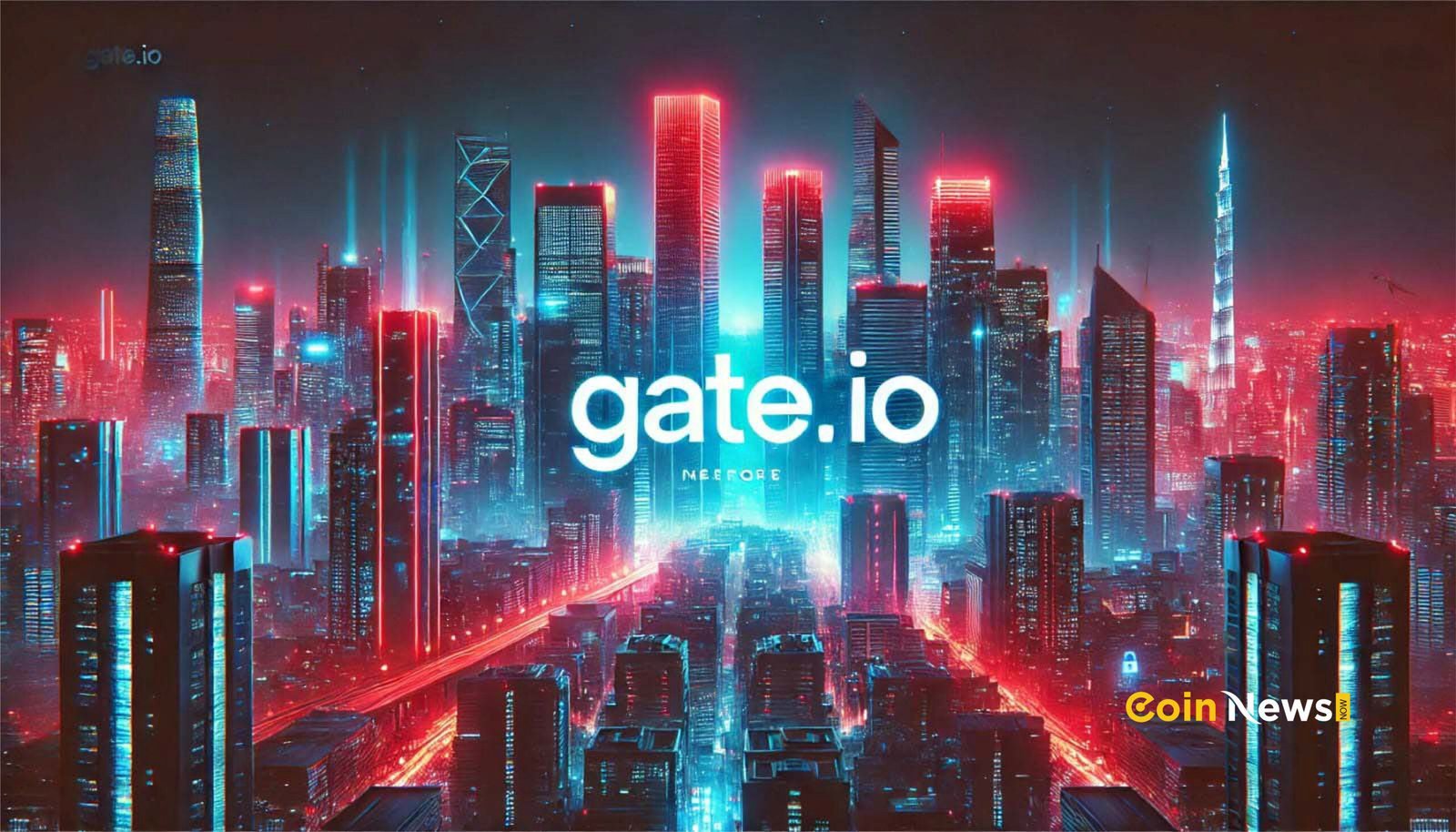Gate. io expands into Japanese market

Gate. io is one of the largest cryptocurrency exchanges in the world and now, it plans a small yet significant expansion into Japan, an incredibly strict jurisdiction that places heavy emphasis on investor protection. The CEO of the exchange noted intentions to cooperate with Japanese authorities in order to ensure full regulatory compliance, after Japan imposed new local laws attaching rigid transparency and AML standards. This move aligns with Gate. The strategy behind entering markets is to prioritize security and regulatory clarity. Gate: It has built its services with stringent Japan standards in mind. With one of the largest crypto user bases in Asia, io has confidence that it can earn trust from local investors and build a strong base for years to come.
Gate. io is making its move into Japan not just to grow the regional footprint of a brand, but as part of a more multimodal and strategic path toward international growth. Because Japanese customers are especially concerned about safety and regulatory compliance, the exchange is focusing on its strong security features multi-signature wallets and real-time monitoring. Additionally, Gate. io will launch new financial products and trading pairs to fit the tastes of Japanese investors. Gate’s localization is really at the core of this. It was io’s strategy to create a monopoly in an incredibly competitive and heavily-regulated world.
Telegram CEO Dealt legal blow

Telegram Chief Executive Pavel Durov facing legal issues after being released on a US$5 million bail. Durov’s charges emphasize that regulatory bodies remain watchful, and the challenge many tech giants face today with ambiguous yet complex legal environments. As a messaging platform that prides itself on encryption and privacy, Telegram has drawn millions of users but it also means the company’s held court in jurisdictions around the world to which its stance is data-privacy-favouring (where anonymity prevails).
These legal issues arrive at a particularly bad time for Telegram, as its managing corporation has been working on implementing blockchain and offering internal crypto-based transactions. Durov’s court case may stall these developments and, in turn, will compel the company to rethink its business models operating out of regions with tough regulatory environments. While Telegram is dealing through these challenges, the outcome of this case could help create a template within which any similar company must balance compliance along with maintaining their core values around anything privacy and security focused.
Crypto. com Makes Further Global Expansion In UAE
Crypto.com is reaching out to the UAE as part of its effort to prioritize expansion in the Middle East. The company is concentrating on the UAE due to the state’s innovative regulatory approach that looks to lure in crypto and blockchain enterprises. The establishment of a substantive presence would place Crypto.com to take advantage of an emergent market consisting of private investors and conservative financial institutions. Apart from providing crypto exchanging services, the company will offer a variety of financial products tailored to local consumption. Crypto.com’s approach would also extend to local enterprises and the regulatory sector through collaborative engagements to nurture a supportive setting. The development will aid in the production of brand recognition and re-enforce Crypto.com’s role as the market leader in crypto globally, capitalizing on the country’s vision to be a digital trade and finance powerhouse.
Grayscale Bitcoin Trust Holdings Down
Bitcoin’s most significant institutional investor on Thursday revealed a reduction to its holdings in the leading cryptocurrency, just three months after announcing further purchases for their Grayscale Bitcoin Trust (GBTC). This fall has many investors in disbelief as they question the health of crypto. While the drop in AUM of GBTC may be attributed to broader market uncertainty, with price fluctuations and regulatory headwinds remaining obstacles for investors.
The reduction in holdings now comes as authorities’ eyes are turning increasingly to crypto assets (from the image) and many want more stringent controls on them — pointing at fraud, money laundering and other market manipulation. Given the volatility under which Bitcoin is currently living and Grayscale’s decision to trim its bitcoin exposure, this may have been a cautious play. This change may cause additional repricing of their positions, taking liquid market levels down in the process—other institutional players might follow and markets become even more volatile. For retail investors, this trend screams for maintaining stance of caution and awareness while traversing the well-known unpredictable terrains offered by cryptocurrency investments.












